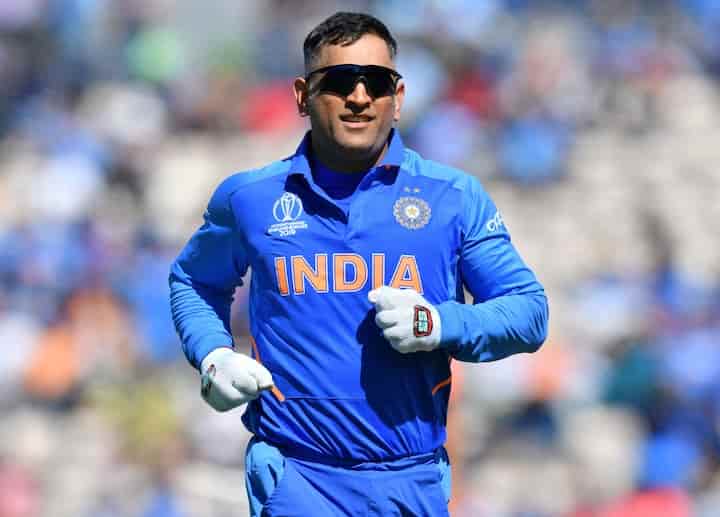
Astute leadership, composed demeanor, and creative tactics characterized MS Dhoni’s white-ball captaincy. With unmatched success, he guided the Indian cricket team to multiple victories in One Day Internationals (ODIs) and Twenty20 Internationals. “Captain Cool” was the nickname given to him for his cool head in stressful situations and exceptional decision-making skills under pressure. Dhoni’s timing of power plays, field placements, and bowling changes demonstrated his tactical skill. He also demonstrated exceptional man-management skills, fostering a positive team atmosphere, developing young players, and showing respect for more experienced players. He will always be remembered as the greatest white-ball captain in cricket history.
| Team | Matches Played | Matches Won | Matches Lost | Matches Drawn | Winning % |
| Australia | 10 | 3 | 4 | 3 | 30% |
| England | 13 | 7 | 4 | 2 | 53.85% |
| New Zealand | 3 | 3 | 0 | 0 | 100% |
| South Africa | 9 | 6 | 1 | 2 | 66.67% |
| Sri Lanka | 8 | 7 | 1 | 0 | 87.5% |
| West Indies | 7 | 5 | 1 | 1 | 71.43% |
Calm Leadership of the Cool Demeanor
A paradigm shift in white-ball cricket leadership, MS Dhoni is known for his exceptional composure under excruciating pressing situations. The moniker, “Captain Cool,” perfectly sums up Dhoni’s unwavering calm. Dhoni was a rock in the tough world of international cricket, giving his team confidence and making wise choices. India prevailed in many high-stakes scenarios while he was the captain, largely because of his steady leadership. His leadership was characterized by setting an example rather than just maintaining composure. A leader could be dynamic and calm, as Dhoni proved when he exhibited the same poise during the game-winning innings while holding the bat. The rules of leadership in international cricket were revolutionized by MS Dhoni, who rose to cricketing greatness due to his exceptional leadership and composure under pressure.
The most daring and unexpected tactics
In addition to leadership, MS Dhoni’s white-ball cricket captaincy displayed tactical skill. He had the innate ability to understand the nuances of the game, assess the playing environment, and make quick decisions that tipped the match in India’s favor. His deep understanding of cricket enabled him to come up with daring and unexpected tactics that frequently left the opposition dumbfounded. His audacious move to move up the batting order in the 2011 ICC Cricket World Cup final is among the most famous examples of his tactical brilliance. This bold move proved beneficial as Dhoni’s outstanding innings helped India win. In addition, Dhoni’s dexterity in field placement, bowling changes, and precisely timed powerplay application proved his tactical genius. In the white-ball format, his reputation as a captain with unmatched tactical acumen was cemented by his ability to think strategically and make decisive decisions that could change the course of a match.
Dhoni’s legendary legacy
In the game of cricket, where individual talent blends with team cohesion, his amazing man-management abilities were evident. Dhoni was more than just a captain; he was a coach who understood the subtleties of every player’s advantages and disadvantages and made sure they were able to play to their greatest ability. Dhoni’s talent was his ability to give his team unwavering confidence so they could play to their strengths. Dhoni’s ability to manage senior and junior players with ease and respect the experience and knowledge of veterans while creating a nurturing environment for up-and-coming talent was what made him stand out. During his captaincy, India achieved remarkable success in white-ball cricket, largely due to his careful cultivation of camaraderie among players with different levels of experience. Dhoni’s legacy as a captain is typified by his ability to bring the team together and develop its wide range of talents.





